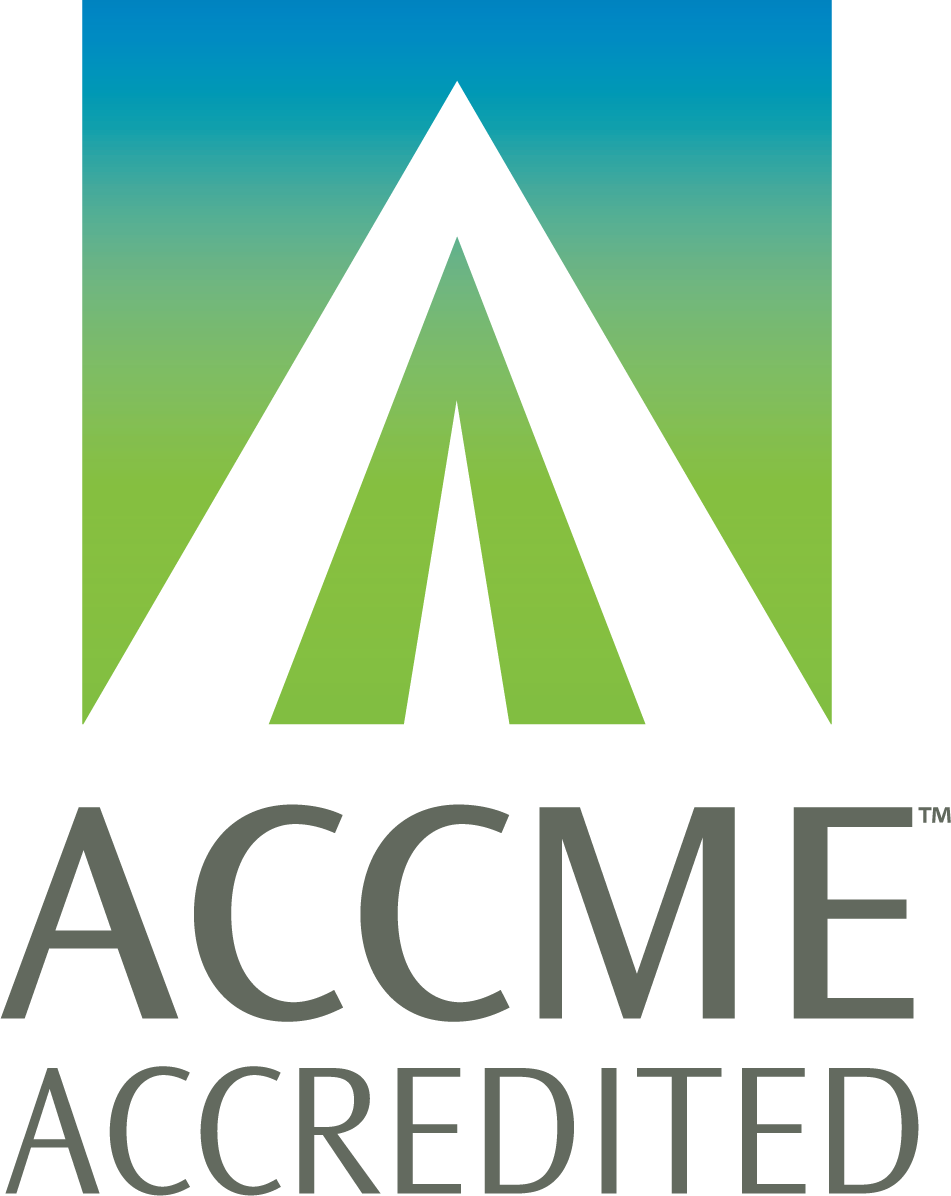 Video Courses
Video Courses Video Courses
Video Courses
Mixed acid-base disorders are commonly encountered in clinical practice. They are frequently missed by healthcare professionals. On occasion, this has implications for patient management with lost opportunities for therapeutic intervention. In this course, we explain the significance of the ‘derived values’ (base excess and standard bicarbonate) reported on the arterial blood gas (ABG). In case studies, we show you how these values can help us detect the presence of mixed acid-base disturbances on the ABG and facilitate the diagnosis of unsuspected pathologies. We explain the limitations of the derived values. We demonstrate the application of the so-called ‘bedside rules’ in the detection of mixed acid-base disturbances on the ABG. We explain the role of ‘Winter’s formula’ in the assessment of the adequacy of respiratory compensation in metabolic acidosis and illustrate the clinical application of this formula. We show you how to apply and interpret the ‘delta ratio’ in cases of metabolic acidosis and illustrate how this value allows us distinguish between two major categories of causes of metabolic acidosis. We explain the nomenclature used on the ABG readout.
Planner and Author: Dr John Seery MB PhD
Planner: Dr Karen Strahan PhD (University of Cambridge), Head of Editorial
Planner: Tommy O'Sullivan, CME Manager
2.0 hours
Upon successful completion of this activity, you will be able to:
30-JUL-2023
30-JUL-2026
Participants must complete the online activity during the valid period as noted above.
Follow these steps:
Acadoodle adheres to the ACCME's Standards for Integrity and Independence in Accredited Continuing Education. Any individuals in a position to control the content of a CE activity, including faculty, planners, reviewers or others are required to disclose all relevant financial relationships with ineligible entities (commercial interests). All relevant conflicts of interest have been mitigated prior to the commencement of the activity.
Planners and faculty for this activity have no relevant financial relationships with commercial interests to disclose.
Brandis K. The Great Trans-Atlantic Acid-Base Debate.
http://www.anaesthesiamcq.com/AcidBaseBook/ab9_5.php
Yartsev A. Assessment of Compensation: Boston and Copenhagen Methods.
https://derangedphysiology.com/main/cicm-primary-exam/required-reading/acid-base-physiology/Chapter%20605/assessment-compensation-boston-and-copenhagen-methods
Rastegar A. Use of the ΔAG/ΔHCO3− Ratio in the Diagnosis of Mixed Acid-base Disorders. J Am Soc Nephrol 2007;18(9):2429-31.
https://jasn.asnjournals.org/content/18/9/2429
Brandis K. Acid-Base Physiology. 9.6 Clinical Examples
https://www.anaesthesiamcq.com/AcidBaseBook/ab9_6.htm#cases

Acadoodle, Ltd is accredited by the Accreditation Council for Continuing Medical Education (ACCME) to provide continuing medical education for physicians.
Acadoodle, Ltd designates this enduring material activity for a maximum of 2.0 AMA PRA Category 1 Credits™. Physicians should claim only the credit commensurate with the extent of their participation in the activity.
DisclaimerPrivacy PolicyTerms of UseData Deletion© Acadoodle 2026